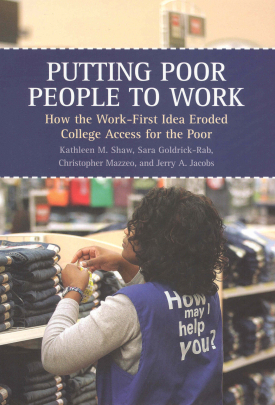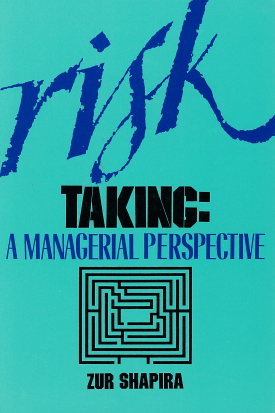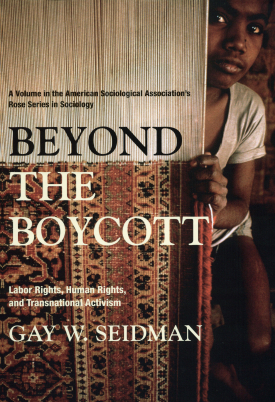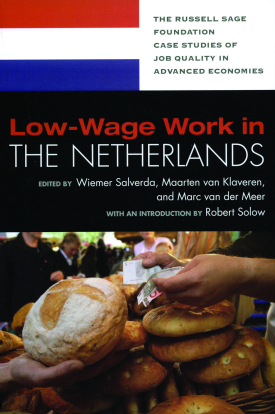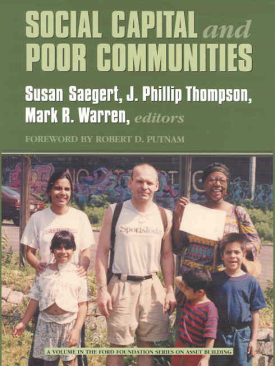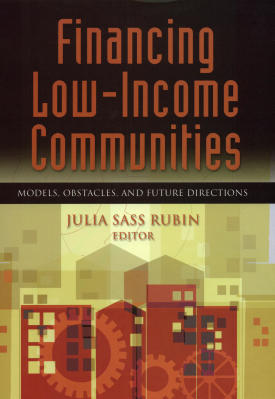
Reinsuring Health
About This Book
America's current system of health insurance, which relies almost exclusively on employer-sponsored coverage, is in danger of collapse, and this problem is not limited to the poor and working class. An increasing number of middle class Americans do not have employer-provided insurance and—due to skyrocketing premiums—cannot afford to purchase coverage for themselves. Reinsuring Health, by economist Katherine Swartz, examines this growing national crisis and outlines a concrete plan to make health insurance accessible and affordable for all Americans.
Reinsuring Health documents why the number of uninsured Americans—now 45.5 million people—has grown in the last twenty-five years. Swartz focuses on how labor market changes—such as the decline of domestic manufacturing, decreased unionization, and the growth of non-standard work arrangements—have led U.S. employers to retreat from providing health insurance for their workers. These trends, combined with the increasing costs of medical care, have led to an explosion in health insurance premiums and a decline in coverage, particularly among the middle-class. Since those who seek insurance as individuals are generally most likely to need health care, private insurers charge higher premiums in the individual (non-group) markets than to people who obtain group insurance. This makes individual health insurance less attractive to the young and increasingly unaffordable for middle-class Americans. Similarly, insurers charge higher per person (or per family) premiums to small firms than to large companies, so many small firms do not sponsor coverage for their employees. Reinsuring Health shows how these problems can be overcome if the federal government provides a new reinsurance program which would protect insurance companies that provide small group and individual health insurance against the possibility that their policy-holders will incur very high medical expenses. By assuming some of the risk that people will face extremely costly medical bills, the government will make insurers less hesitant to offer coverage to high-risk individuals, and will help drive down premiums for others. Reinsuring Health demonstrates that this form of government reinsurance has worked in the past, helping to establish smooth running private markets for catastrophe insurance and secondary mortgages.
Today, growing numbers of middle class Americans lack health insurance. Protection against the possibility of falling ill or getting hurt and having to pay extraordinary health care bills should not be a luxury available only to the very rich and the very poor. Reinsuring Health proposes a straightforward solution that would bring health insurance back within the reach of the increasing ranks of the uninsured, particularly those who are in the middle class.
KATHERINE SWARTZ is professor of health policy and management at the School of Public Health, Harvard University




